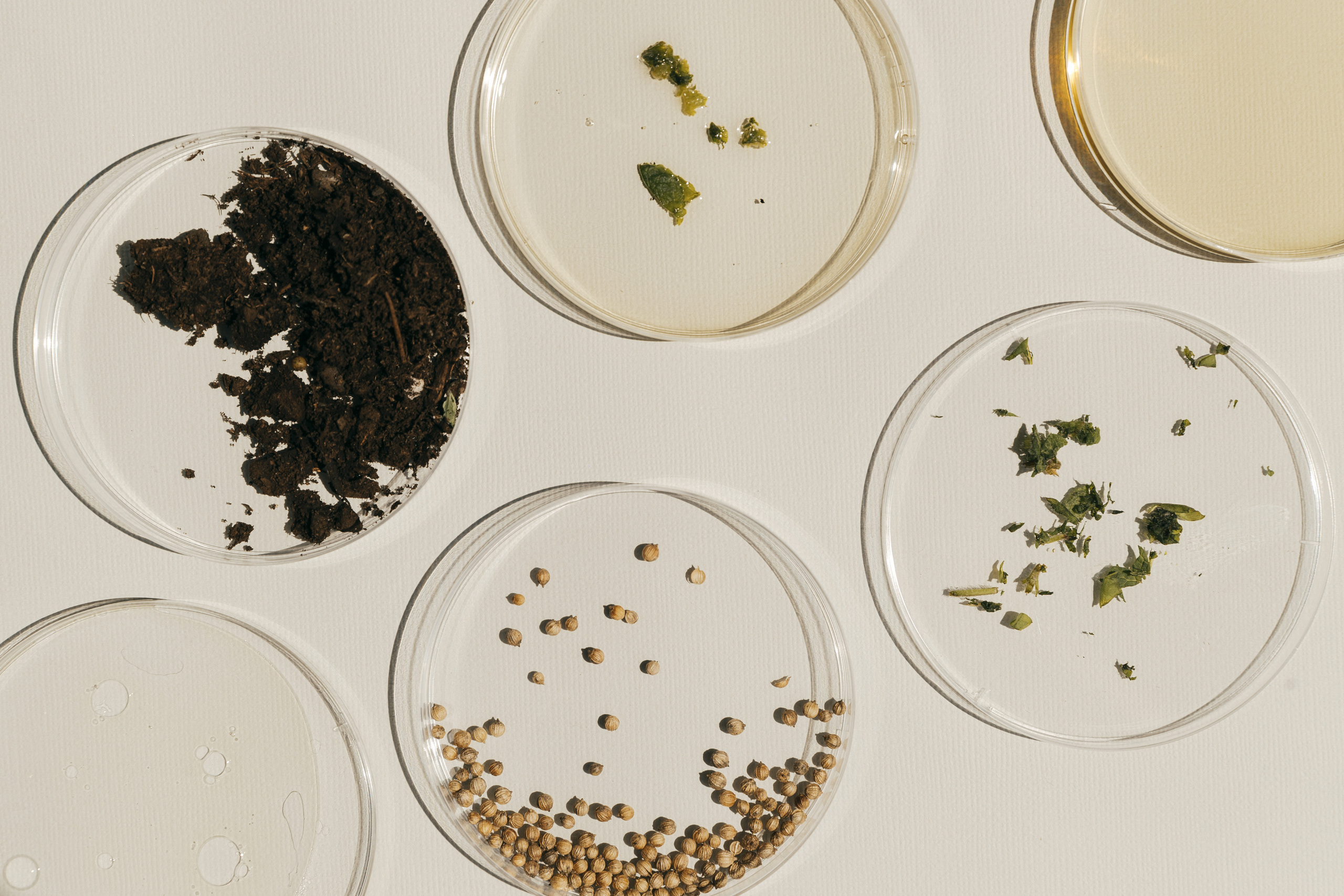Medicinal Cannabis Glossary

So you're new to medicinal cannabis? Don't worry, the Organic Genetics team was also a little tongue-tied back when we first started on this journey too. So you can get up to speed, we've created a handy glossary of medicinal cannabis terms. Here we go...
Cannabis
A genus of plants that include both marijuana (psychoactive) and hemp (non-psychoactive).
Hemp
A cannabis plant that contains less than 0.3% THC and higher concentrations of CBD. Hemp is used both medicinally and commercially for textiles.
Marijuana
A cannabis plant that contains larger amounts of THC and is used both recreationally and medicinally. The flower of the female marijuana plant is the most potent.
Indica
Broad-leaf varieties of cannabis plants have sedative properties and calming effects.
Sativa
Narrow-leaf varieties of cannabis plants that have stimulating properties.
Cannabinoid
113 various known compounds found in the cannabis plant that activate the body’s natural cannabinoid receptors.
Tetrahydrocannabinol (THC)
The main psychoactive cannabinoid found in cannabis plants. THC is an abbreviation for tetrahydrocannabinol. It is the most well-known and most abundantly available cannabinoid in marijuana plants. THC is also the component in marijuana that is responsible for the psychoactive effects, or the “high.” Research has shown THC to be an effective medical treatment for a range of conditions. There is no lethal dose of the compound in its natural form.
Psychoactivity
Effects from chemical compounds that can change brain function and alter perception, mood, consciousness, cognition, or behavior.
Cannabidiol (CBD)
A plant-derived, non-psychoactive cannabinoid that can alleviate stress, anxiety, inflammation, and muscle and joint pain.
Full Spectrum CBD
CBD extract containing a range of terpenes and cannabinoids found in the cannabis plant that include, but are not limited to, CBD CBG, CBN, and small amounts of THC.
Broad Spectrum CBD
CBD extract contains a range of terpenes and cannabinoids, except THC, found in the cannabis plant.
CBD Isolate
CBD has been isolated from all other compounds, including THC, and is at least 99% pure. CBD isolate does not have a smell or taste and is often mixed with carrying oils and used in tinctures, balms, and beverages.
Phytocannabinoid
A naturally occurring cannabinoid specific to the cannabis plant.
Endocannabinoid
Naturally occurring compounds in the body that binds to cannabinoid receptors and help regulate several physiological systems, including the nervous system.
Endocannabinoid System (ECS)
The biological system composed of endocannabinoids and receptors in the central and peripheral nervous systems. The ECS works with CBD to produce calming and regulatory effects.
Cannabinoid Receptors
Located throughout the body, cannabinoid receptors are a part of the ECS and are categorized into two sub-receptors: CB1 and CB2.
Cannabinoid Receptor Type 1 (CB1)
A cannabinoid receptor located predominantly in the central and peripheral nervous system, responsible for triggering the effects caused by THC.
Cannabinoid Receptor Type 2 (CB2)
A cannabinoid receptor located predominantly in the immune system.
Cannabigerol (CBG)
A phytocannabinoid, specific to the cannabis plant, that aids in the production of CBD and THC compounds. CBG has been known to increase dopamine levels, alleviate stress, and reduce inflammation and eye pressure.
Cannabinol (CBN)
CBN is a cannabinoid found in trace amounts in the cannabis plant, most notable for its sedative, anti-insomnia properties.
Terpenes
The natural, aromatic, and flavourful attributes of plant-derived essential oils. Terpenes provide unique fragrances and may heighten mood and reduce stress levels, particularly when combined with CBD and other cannabinoids.
Pinene
An aromatic terpene with a piney fragrance, possessing uplifting properties.
Terpinolene
A terpene that possesses natural anti-anxiety properties.
Myrcene
A terpene found in fragrant plants and herbs, including cannabis. It is known for its earthy aroma.
Medium-Chain Triglyceride (MCT) Oil
A common carrier oil with MCTs typically derived from coconut. MCT oil contains essential fatty acids and is often used to mix with CBD for consumption.
Bioavailability
The amount of a substance absorbed into the bloodstream. Bioavailability impacts efficacy, meaning that products with optimized bioavailability have a higher absorption rate than those with low bioavailability.
Botanical
Substances obtained from plants are typically used as an additive to topical creams and lotions, beverages, and other cosmetics for their unique flavor and health benefits.
Tincture
A tincture is an herbal extract from plants formed into a liquid concentrate.
